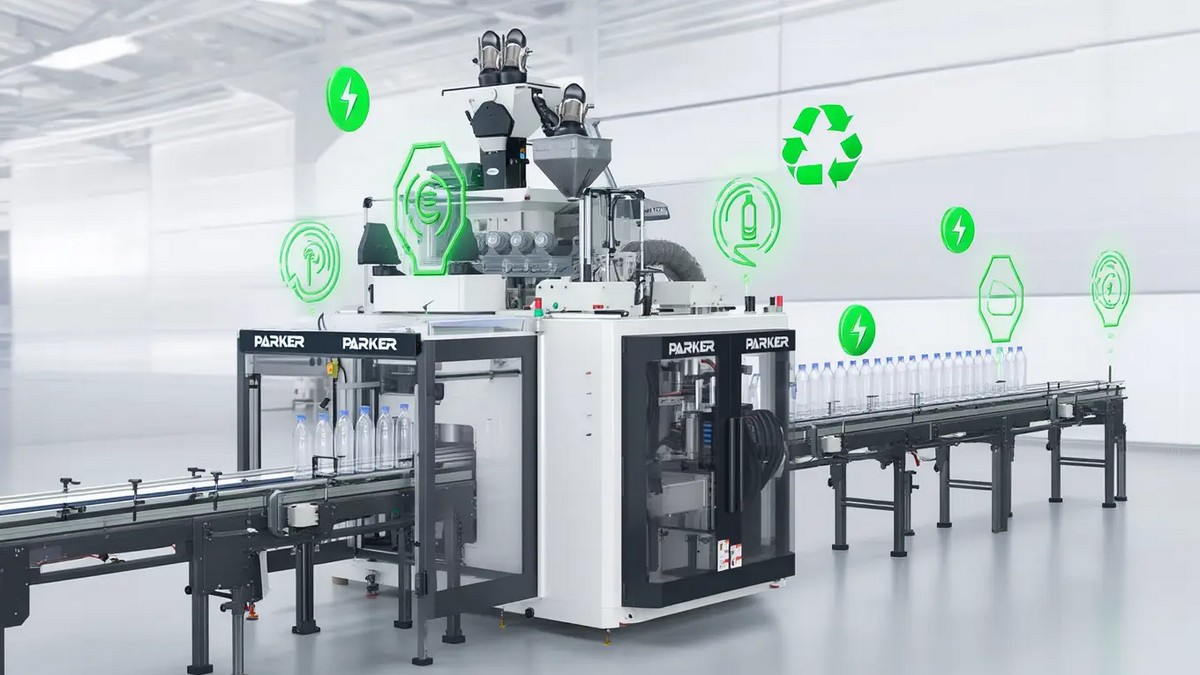In 2025, as global manufacturing continues its rapid digital transformation, the machine tool industry is facing significant change. International buyers in aerospace, electric vehicles, and high-end electronics are increasingly prioritizing smart services and data applications over mere machining precision. Taiwan's machine tool industry is actively integrating the Internet of Things (IoT), artificial intelligence, and big data technology, expanding from traditional hardware manufacturing into the smart solutions sector. This move helps global manufacturing clients boost production efficiency and enhance equipment maintenance management. This article will delve into how Taiwan's machine tool industry is becoming an indispensable smart partner for global manufacturing, delivering sustained value.
Smart Services: The Value Chain from Machines to Data Analytics
The global wave of manufacturing digitalization is driving the machine tool industry's shift from traditional hardware sales to smart services. Clients, especially those in aerospace, electric vehicles, and high-end electronics, have higher expectations for improved efficiency and predictive maintenance. To meet this demand, Taiwanese machine tool manufacturers are deeply integrating IoT sensors with big data analytics, equipping machines with self-learning and real-time warning capabilities to effectively reduce unplanned downtime. In some cases, this approach has demonstrated the potential to noticeably lower maintenance costs. This shift in mindset from "products" to "services" solidifies Taiwan's leading position in the smart manufacturing sector.
MaaS Model: Lowering Barriers and Creating New Business Opportunities
As the demand for smart manufacturing grows, "Machine-as-a-Service" (MaaS) is becoming a crucial business model for reducing the capital burden on small and medium-sized enterprises. Taiwanese manufacturers are actively promoting MaaS programs based on subscription and usage-based fees, enabling more companies to flexibly utilize high-performance equipment and accelerate their digital transformation. This model not only enhances client flexibility but also generates a stable, long-term recurring revenue stream for Taiwan's machine tool industry. For example, some Taiwanese manufacturers have expanded into the emerging EV sector through the MaaS model, demonstrating the potential of this business approach.
Supply Chain Resilience: A Stabilizing Force in a Global Turmoil
With intensifying global supply chain volatility, Taiwan's machine tool industry maintains its advantage through a robust industrial cluster and a flexible supply chain. According to the Taiwan Machine Tool and Accessory Builders' Association (TMBA) 2025 semi-annual report, the cumulative export value from January to July reached $1.174 billion USD. While this represents a 6.3% decrease compared to the same period last year, the data also highlights Taiwan's advantage of a complete and highly collaborative industrial ecosystem. This supply chain, with its ability to adjust flexibly and offer customization, effectively supports the stable demands of international buyers and boosts market confidence. A manufacturing procurement manager from Germany stated, "Taiwanese suppliers excel in customization and rapid response, which is key to our continued partnership." This resilience ensures supply security for international clients, making Taiwan a trusted partner in global manufacturing.
Taiwan's New Global Positioning for Machine Tools
Taiwan's machine tool industry is successfully transitioning from a global hardware manufacturing hub to a leader in smart services and solutions. By combining soft-hardware innovation with a flexible supply chain, Taiwanese companies not only provide high-quality products but also create long-term value for global clients. Looking ahead, with the acceleration of green manufacturing and digital transformation trends, Taiwan's machine tools are poised for significant expansion in emerging markets like Southeast Asia and Europe,further strengthening their international influence and strategic value.











.jpg)
.jpg)
.jpg)
